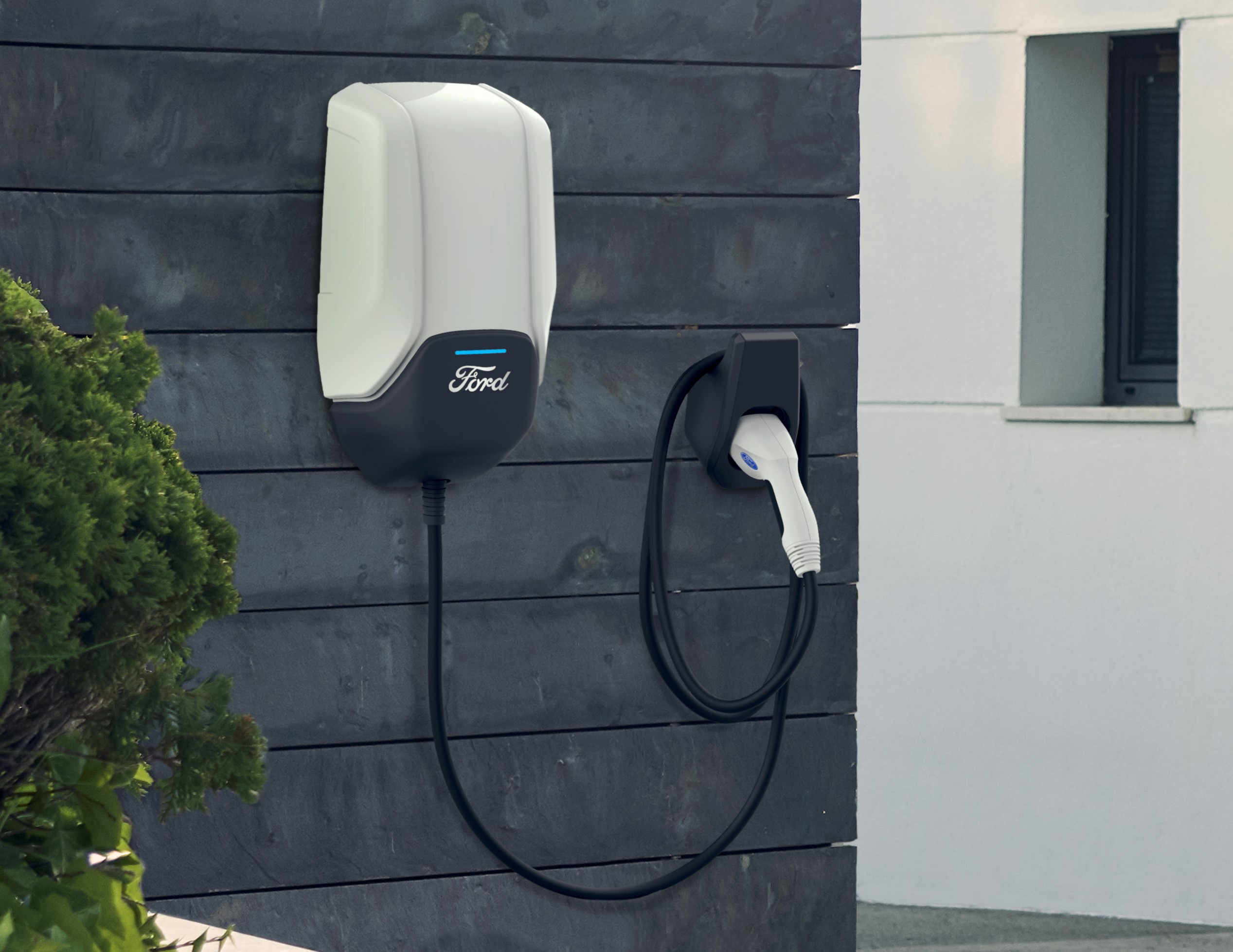Blog
Ford reveals its ‘Model T’ EV moment with an affordable $30,000 electric pickup

Ford’s “Model T moment” for electric vehicles has finally arrived with the reveal of what it’s billing as a more affordable EV platform. The car maker announced its universal EV platform today (August 11) with plans to build a family of affordable electric vehicles starting with a four-door midsize pickup truck.
The truck won’t arrive until 2027, but Ford is touting that its new EV will start at $30,000. Ford teased the platform in July, when CEO Jim Farley said that it was planning to build a “breakthrough” EV that would be built in Kentucky.
“This is a Model T moment for us at Ford, a chance to bring a new family of vehicles to the world that offer incredible technology, efficiency, space, and features,” Farley said at the time.
Ford reportedly had a Skunkworks team in the Bay Area run by a former Tesla engineer to develop the platform in secret for more than a decade. Part of the project involved tearing up the assembly line concept with the new platform and “radically simplifying vehicle assembly for safety, quality, and speed.”
According to Farley, Ford has a difficult goal in trying to make a sustainable business that offers affordable vehicles. “We took a radical approach to a very hard challenge: Create affordable vehicles that delight customers in every way that matters – design, innovation, flexibility, space, driving pleasure, and cost of ownership,” Farley said in a press release.
In the world of electric vehicles, Ford has lagged behind, only really offering its F-150 Lightning and an electric version of the classic Mustang. Neither of those cars could be described as affordable.
Singular assembly line
The idea of a new EV platform isn’t unique. As The Autopian notes, companies like Volkswagen, GM, and Hyundai/Kia have ongoing platforms that underpin their electric vehicles like the Blazer EV or Kia EV6. Ford told The Autopian that its platform differentiates itself by being more modular than the approaches of other EV makers.
This more modular design is supposed to make the vehicle more affordable because it creates vehicles with fewer parts than traditional gas cars. This harkens back to the Model T, which pioneered mass-produced, affordable cars.
“The platform reduces parts by 20% versus a typical vehicle, with 25% fewer fasteners, 40% fewer workstations dock-to-dock in the plant and 15% faster assembly time,” Ford said in its announcement. One estimate claims the new vehicle will reduce wiring by 4,000 feet and 10 fewer kilograms than the Mustang Mach-E.
Additionally, the platform is scalable, meaning that eventually Ford will be able to offer a variety of vehicle types beyond trucks, including vans and SUVs.
Outside of actually building the car, Ford says the new cars will be “software-defined,” meaning the eVS will have operating systems that Ford can improve via over-the-air updates.
New batteries

With manufacturing becoming more streamlined and cheaper, Ford is also looking to save money with a new smaller battery.
The company is planning on using lithium iron phosphate (LFP) chemistry in future EVs. Reportedly, this battery will be somewhere between 49 kWh and 60.48 kWh, smaller than the 57 kWh battery in the original Chevy Bolt, which launched in 2016.
This is quite tiny compared to the 300+ mile range of most modern battery packs.
However, in comparison to most lithium-ion batteries, LFPs have improved lifecycles and, from what we understand, can be charged to 100% more often.
According to Alan Clarke, head of the Skunkworks team, the company is planning on boosting range via improved aerodynamic designs and software optimization.
Uphill battle

Ford is massively investing in an EV future that finds itself at a fraught time in the United States, as President Donald Trump has been antagonistic toward electric vehicles. The recently passed “Big Beautiful Bill” nixes the $7,500 tax credit for EVs. And the administration is also considering zeroing out fines for vehicles that exceed fuel efficiency standards.
Ford is also dealing with heavy-handed tariffs across the board from the Trump Administration, which the company has said could cut more than $2 billion off its earnings.
Elsewhere, Chinese companies like BYD have grown exponentially popular in their home country as well as other countries thanks to more affordable options.
The most affordable brand new EV you can find is the 2025 Nissan Leaf, which starts $28,140, but it’s not a four-door pickup. If Ford can be the first while offering good tech and decent range, it could be the breakthrough Ford is seeking.
Follow Tom’s Guide on Google News to get our up-to-date news, how-tos, and reviews in your feeds. Make sure to click the Follow button.












